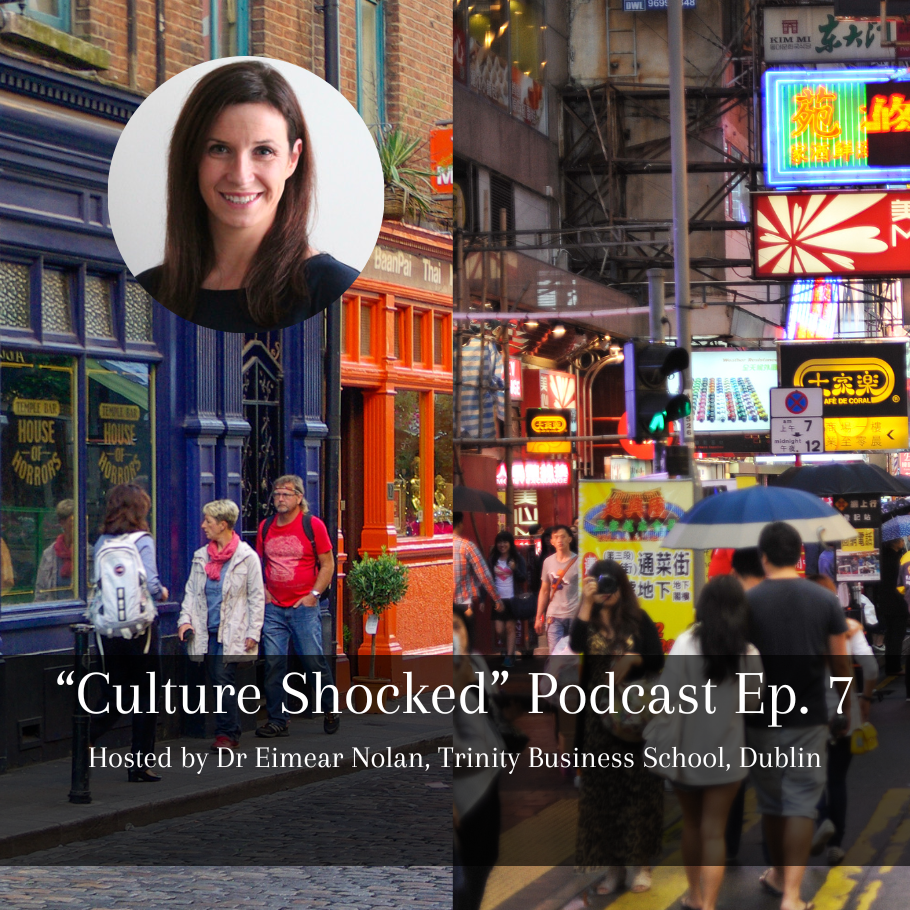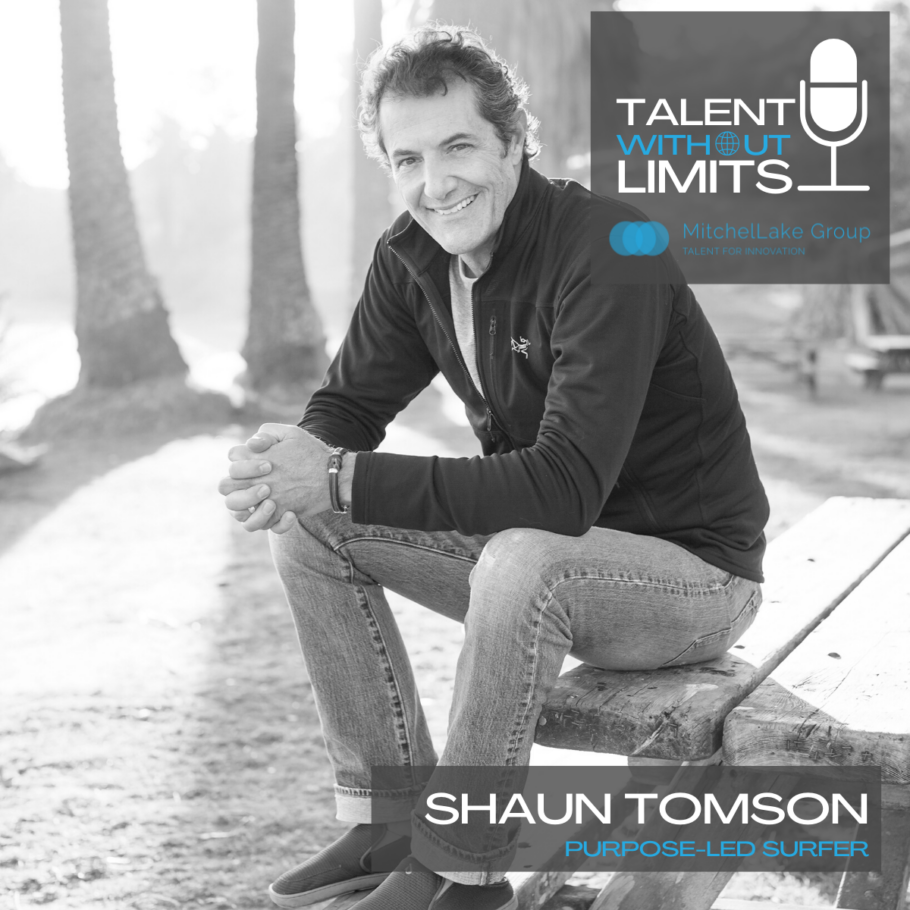Gemma’s Remote Year: First stop: Kuala Lumpur Posted at 0:00, Tue, 25 October 2016 in Industry Insights
I am very fortunate and excited to be on a remote working journey where I live in 12 different cities across Southeast Asia, Europe, Central America and South America over the next year. There are 75 of us “remotes” traveling together from all different parts of the world, with all kinds of employment, on a program called Remote Year. The first stop was Kuala Lumpur, Malaysia, which was the perfect place to begin my journey. It is a big city with many cool cafes, co-working spaces, and provided an excellent introduction to different Asian cultures and cuisines.
Malaysia is actually where “hipster cafes” came into fashion; offering us many workplaces with fresh vibes, interesting ways to serve coffee, and excellent wifi. During the first week, I tried Feeka, which was en route to our co-working space and served great coffee. After much Googling, we still don’t know what Feeka means, but starting our day at this place helped us all feel pretty comfortable in our new city.
Later that week I was working from a swing at Boxes Cafe; a cafe created out of recycled shipping containers. The following week I worked out of Lepaq Lepaq, which is known for their “rainy day coffee” — black drip coffee with a cloud of candy floss hanging over it, so the steam from the coffee makes the candy floss fall like rain into the coffee to add sweetener as you drink. Another day I worked out of VCR; a cafe that had recently adopted a sweet kitten named Charlie, who helps inspire people as they work. They also have avocado toast; a staple for any California Girl. This staple helped a lot of individuals that were homesick and just wanted something a bit more comforting than the explosion of flavours that you find in Asian cuisine. These coffee shops helped us feel like we were exploring this huge, bustling city while keeping up with the demands of full-time jobs.
It was exciting to hear about the emerging startup scene in Kuala Lumpur.
While there, I was able to attend some fascinating events such as the launch of Girls in Tech, Malaysia, and MaGIC Academy.
Girls in Tech originated in San Francisco with the goal of engaging, educating, and empowering girls and women who are passionate about technology. It was exciting to see how many females attended the launch event in Kuala Lumpur, and are interested in learning that the gender gaps across Asia in STEM studies are not as drastic as in the States. There is a pretty balanced ratio of males and females majoring in these fields across this region, but unfortunately, there are still gaps in the workforce and a lack of women leaders; which is what this organisation is aiming to support here in Malaysia.
This year was the 3rd annual MaGIC Academy in Kuala Lumpur; a conference focused on startups, entrepreneurs, and social enterprise. This event demonstrated how much support is available for entrepreneurs through startup incubators, accelerators, communities, and even government support through tax breaks and the government funded Cradle Fund– a seed fund for tech companies in Malaysia.
Malaysia is predominantly known for manufacturing as a system integrator and hardware reseller, but since the late 1990s there has been rapid growth in Malaysia’s tech scene. In 2010, Malaysia formed a $100 million fund to invest in startups as part of a broader 10-year plan to develop high-tech industries. Due to a lack of interest in emerging technology, the government introduced a tax break for angel investors in 2013, hoping to encourage investments in startups.
Who are the established tech companies in Malaysia?
Grab – Alternative to Uber.
Kaodim – Similar to Taskrabbit, connects you with local contractors.
Maxis – Telecommunication company pioneering WAP/GPRS.
iSentric – Mobile banking.
mobile88 (now iPay88) – Leading regional Payment Gateway Provider in South East Asia.
Lelong – Online shopping.
Catcha Group – Southeast Asia’s leading Internet group; making growth equity and venture capital investments in new media, online classifieds, and e-commerce businesses across the emerging world.
Cari – Popular local Malaysian lifestyle media.
Lowyat – Tech enthusiast resource community.
Jobstreet – Top website for jobs in Asia. Jobstreet was recently sold to. Australia’s SEEK for a whopping $524 million USD.
Co-Working spaces
Nook – Open air space on a hilltop in Bangsar surrounded by greenery.
Whitespace International – Clean, modern office with a range of meeting rooms and includes a receptionist and courier service. There are 3 branches: Mont Kiara, Bangsar and Puchong.
Paper + Toast – Close to the Raja Chulan Station, the office space includes cubicles and meeting tables and there is a separate cafe downstairs.
Fluent Space – Open concept with small meeting rooms. The space is in Kelana Jaya and features concrete floors and a quirky decor.
Make Space – Great space located in Quill City mall for work, workshops, pop-up classes, talks, and various events. I went to a cooking class with Syrian Refugees sharing their skills in this space.
Sebelas 11 – This space has three floors. The ground floor is a shared workspace, and the other floors prove accommodations. It also includes a rooftop deck and pool!
Startup Incubators/Accelerators
MaGIC – Works with early stage and growth stage startups.
Startup Malaysia – Works with first time entrepreneurs.
Cyberview Living Lab – Innovation platform in talent, start-ups, pilots, and enterprises; allowing new technologies to be tested and validated before launching into the real world.
1337 Ventures – Focused on supporting startups in the app development space.
Next month I will be traveling to Kho Phangan, Thailand, working out of the shared co-working space, Beach Hub !
Resources
My Magic
Girls In Tech
World Startup Wiki
Cradle
Poskod
Startup Blink



